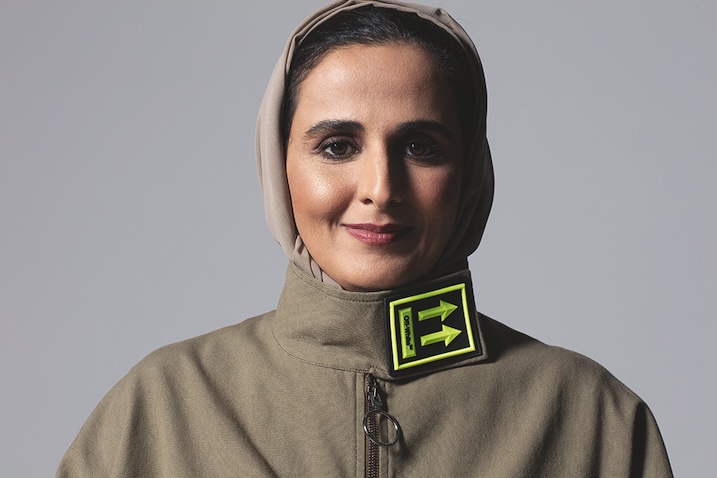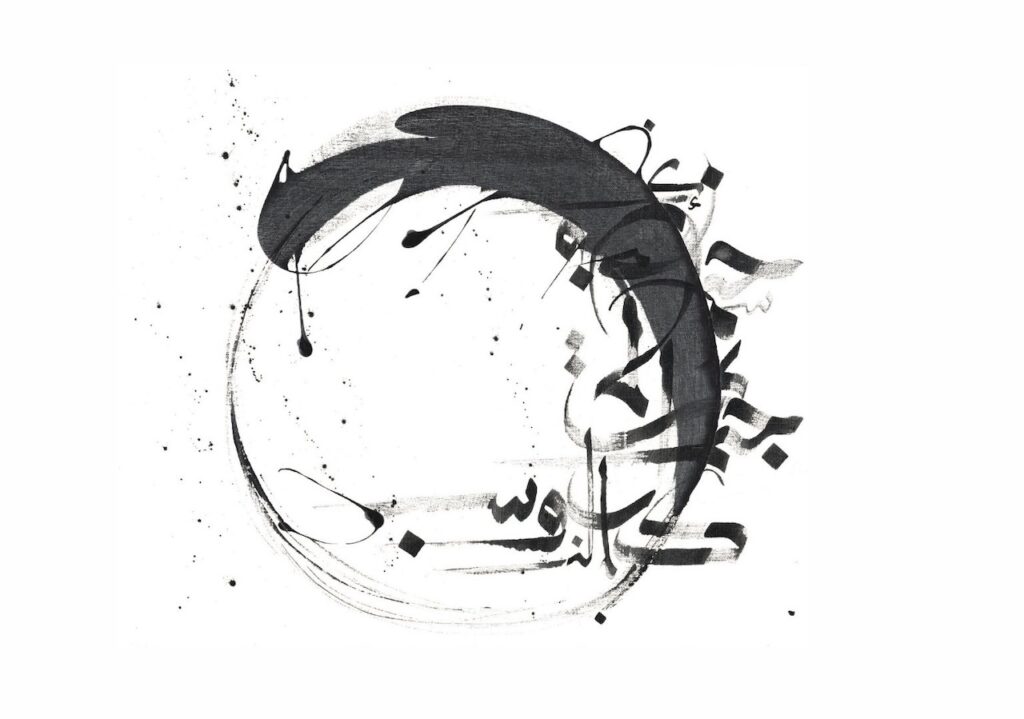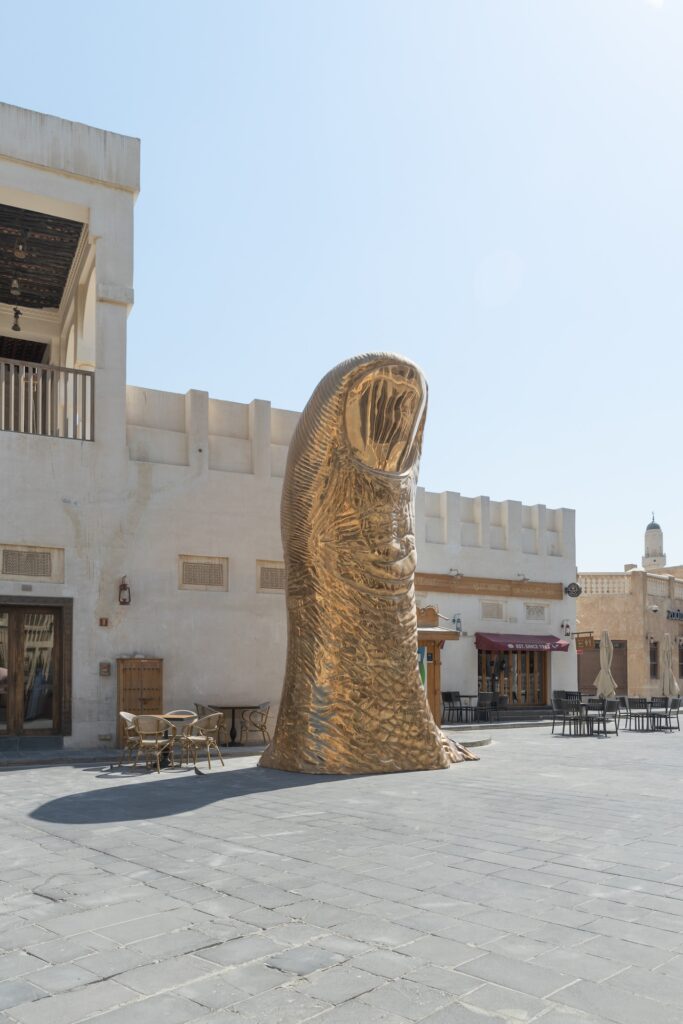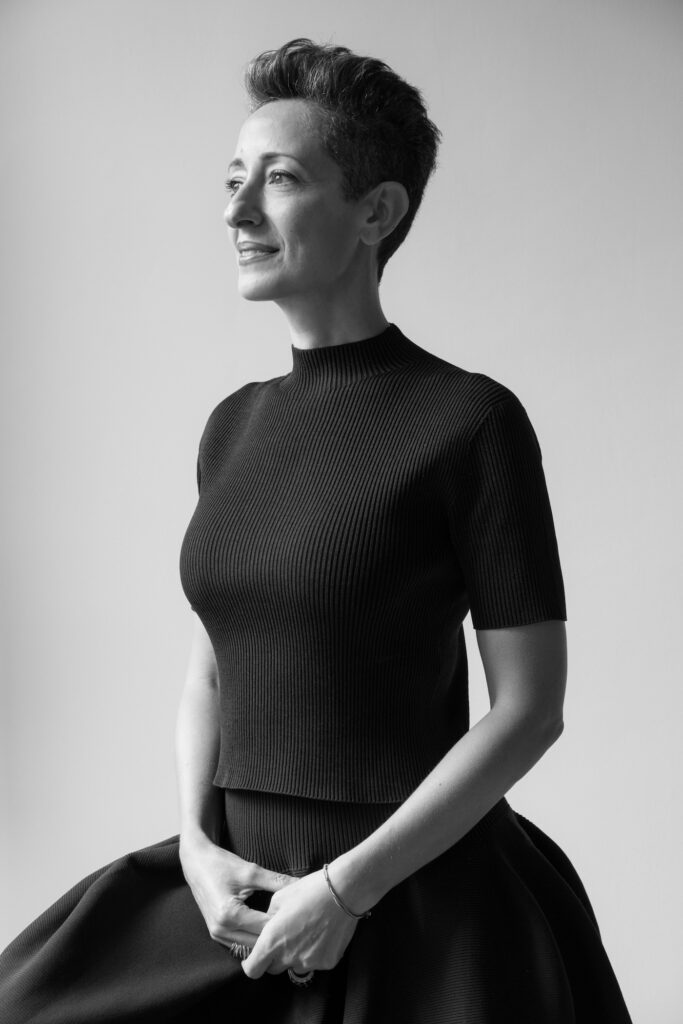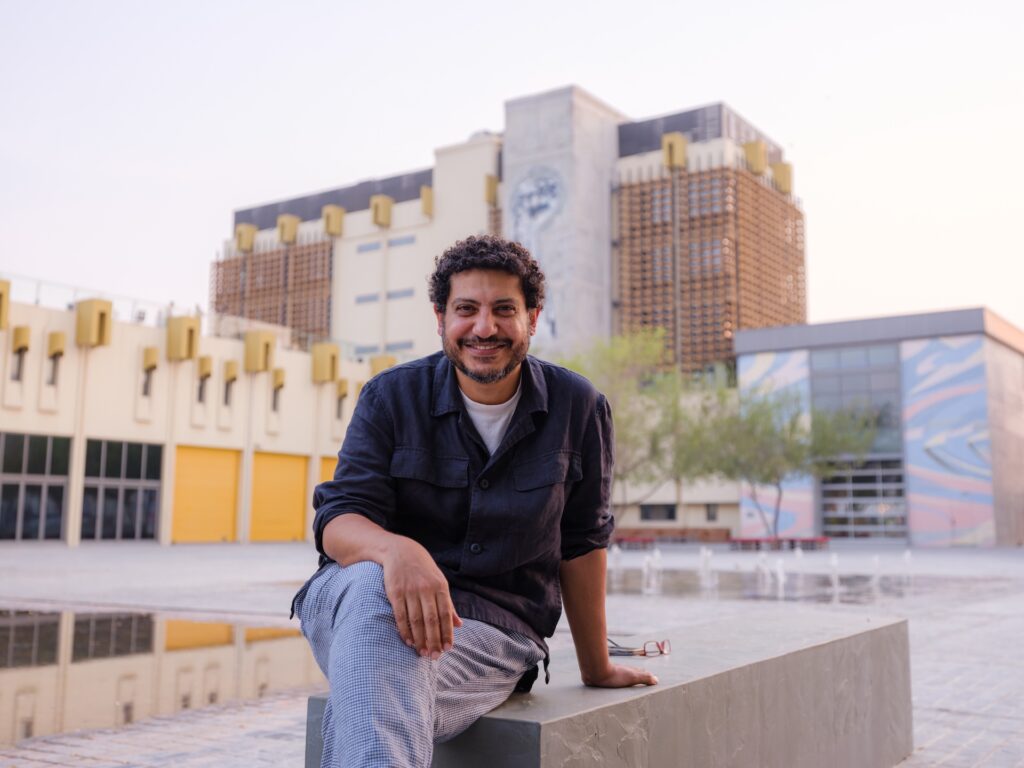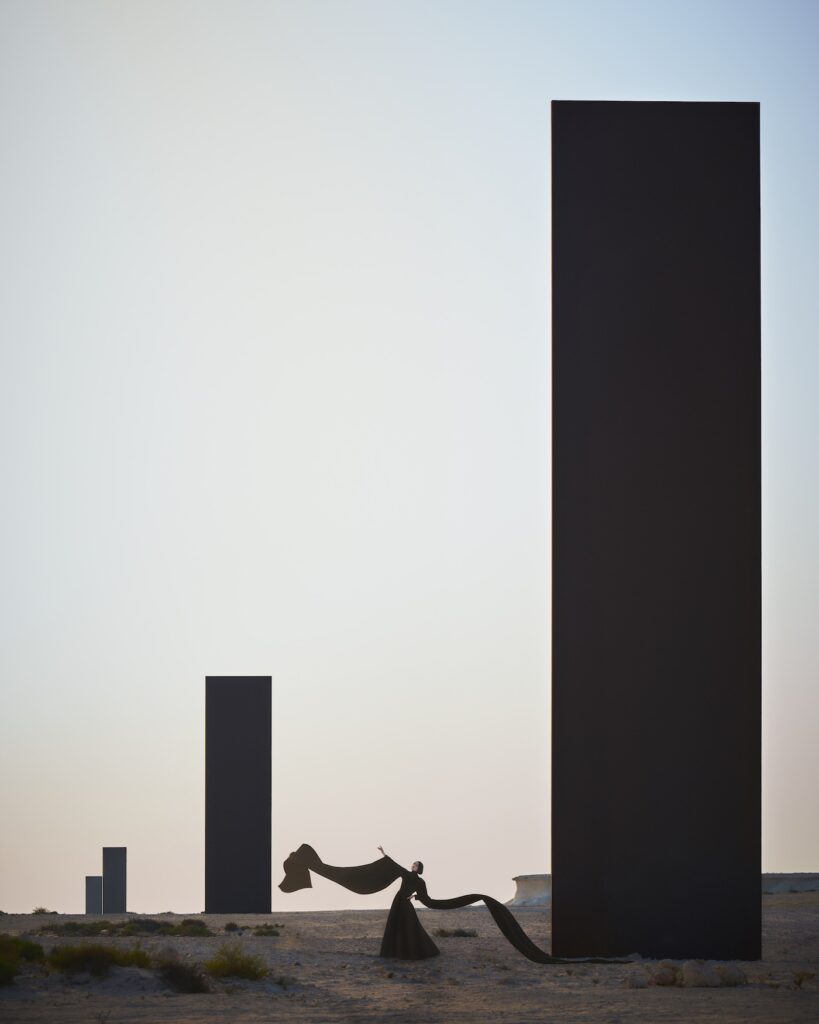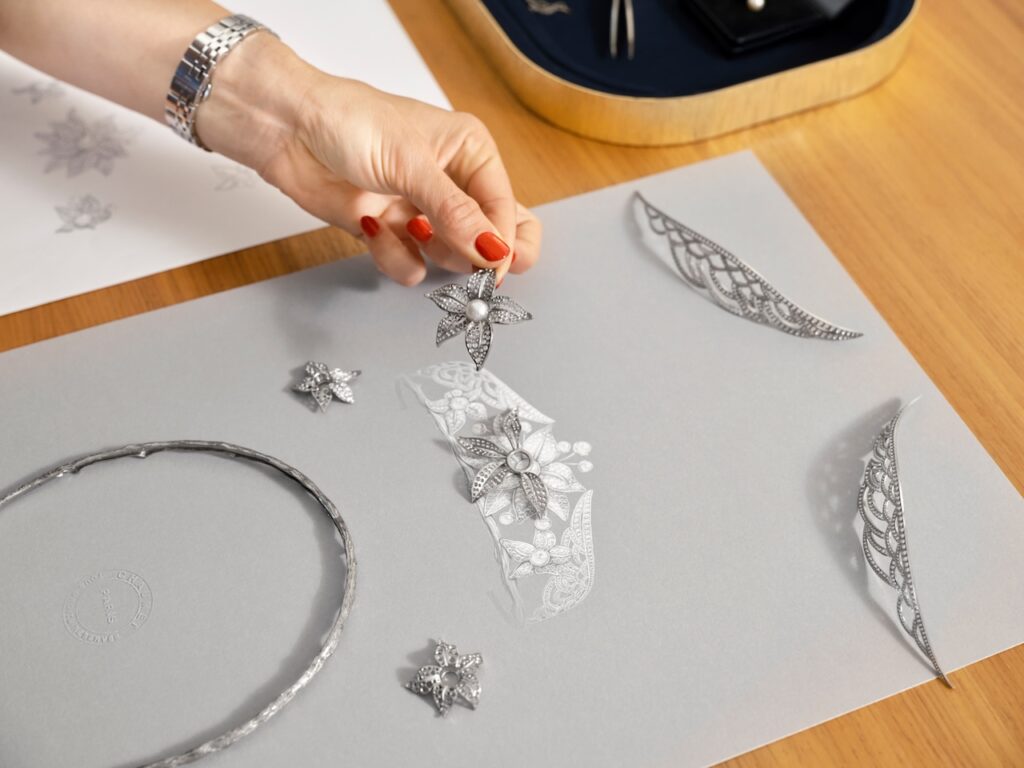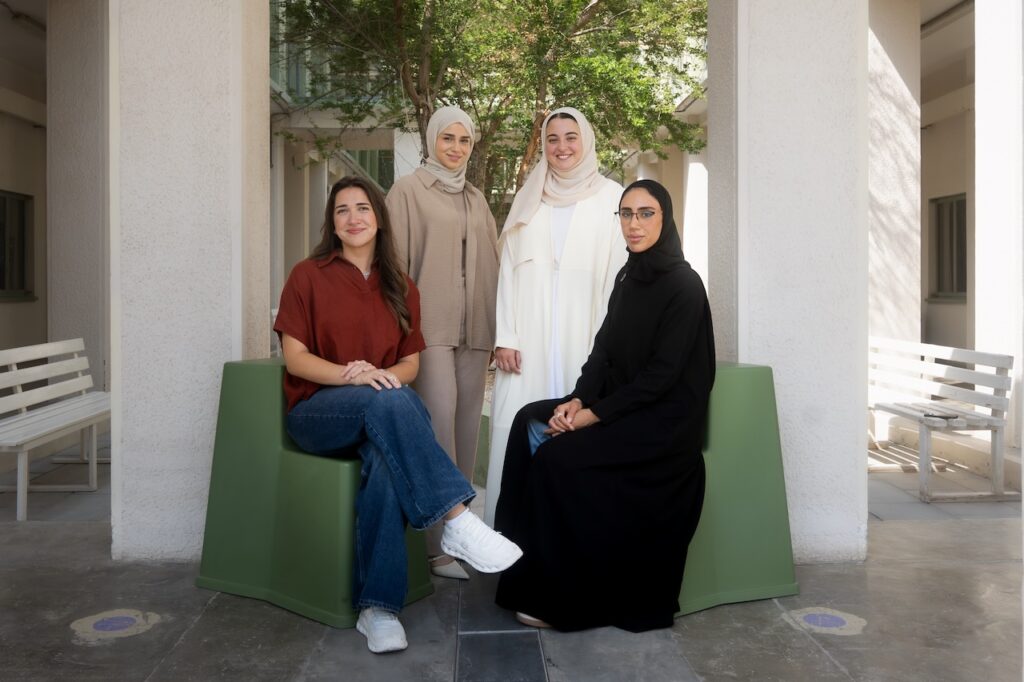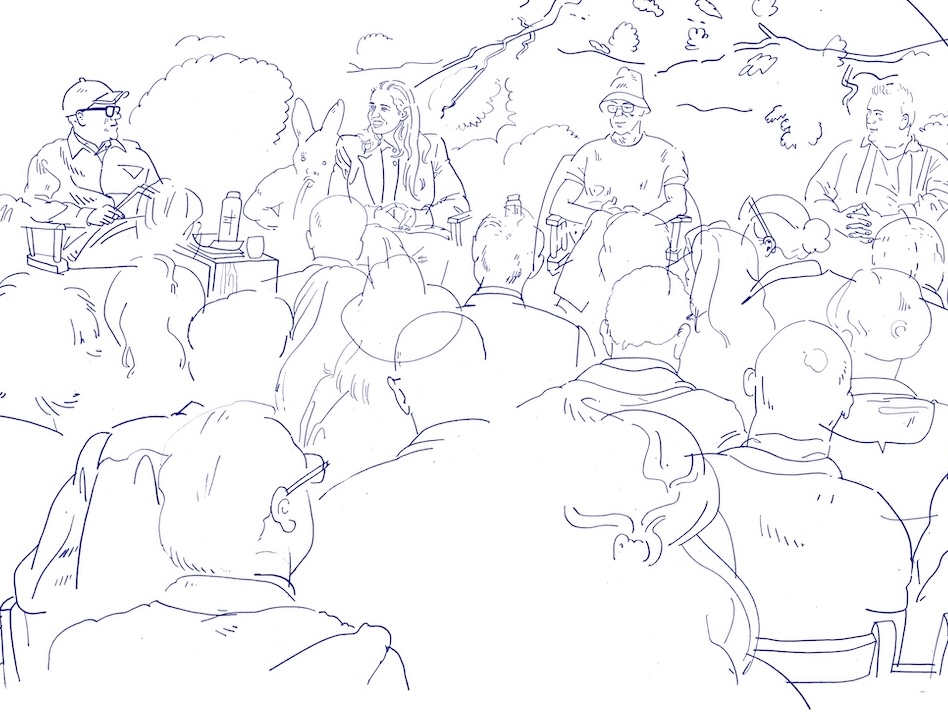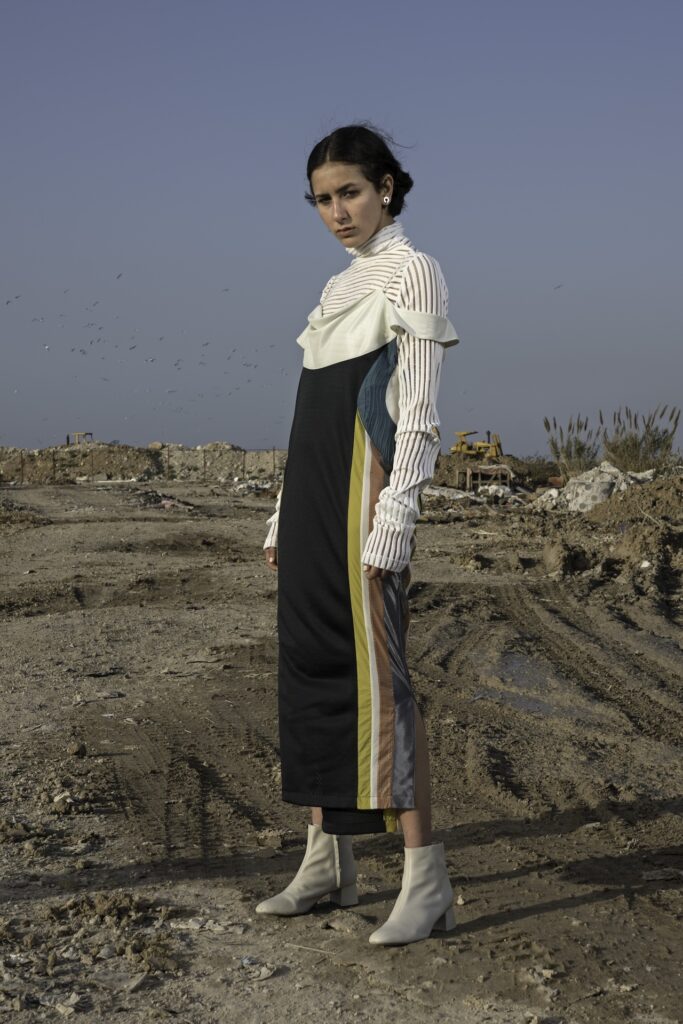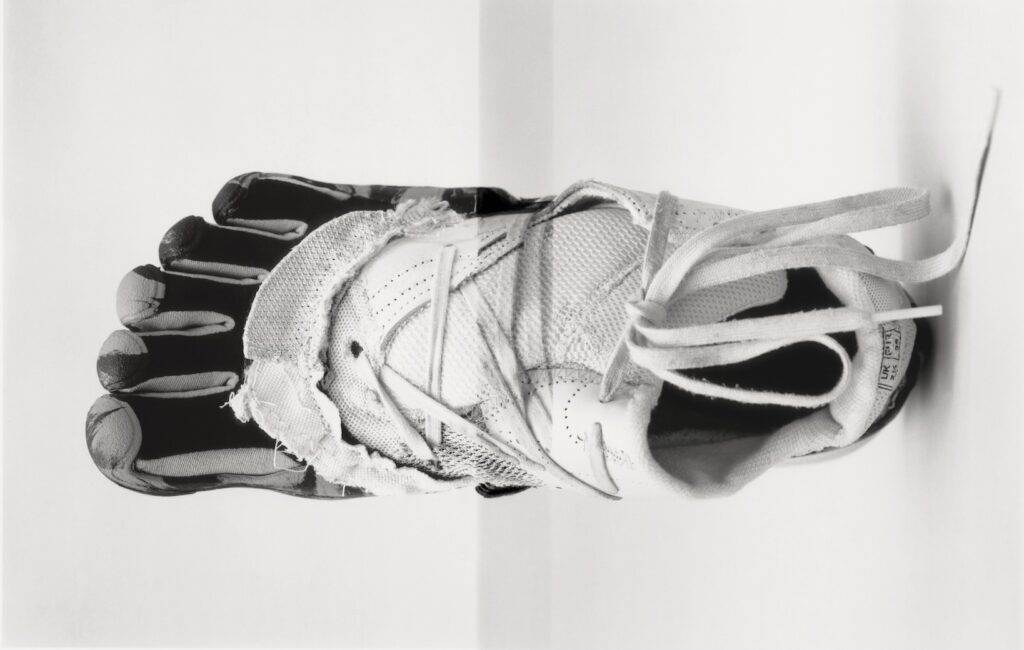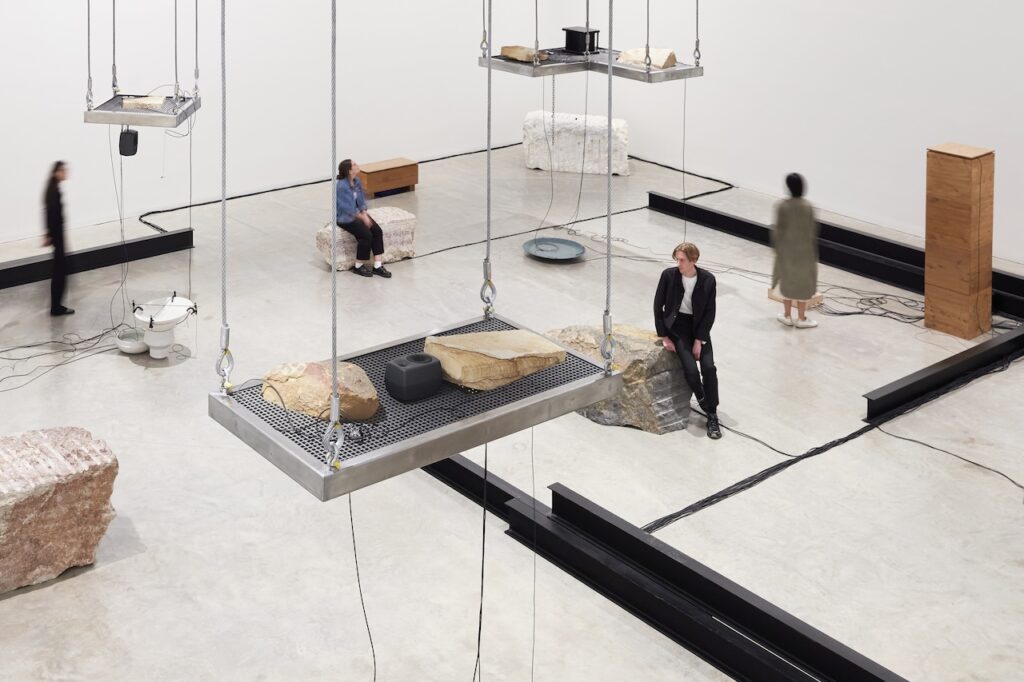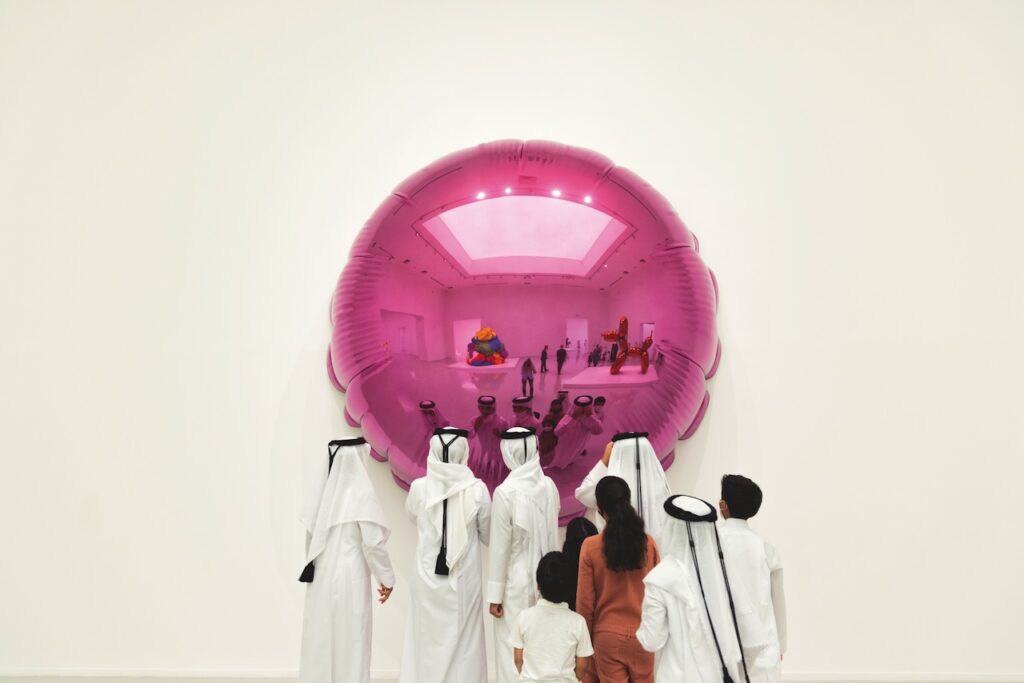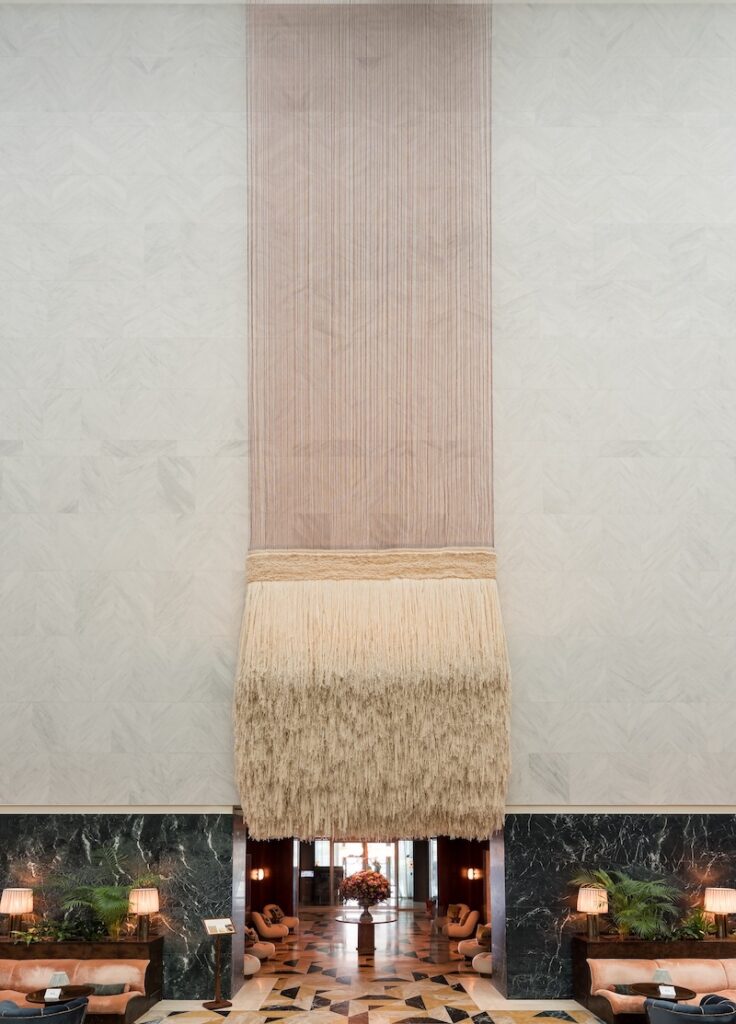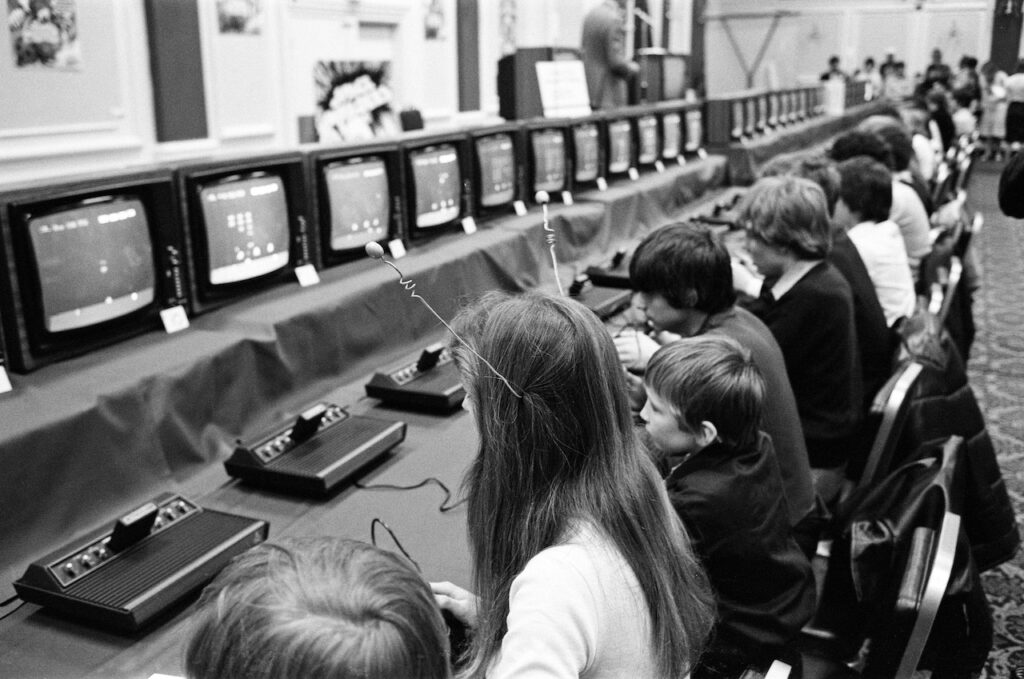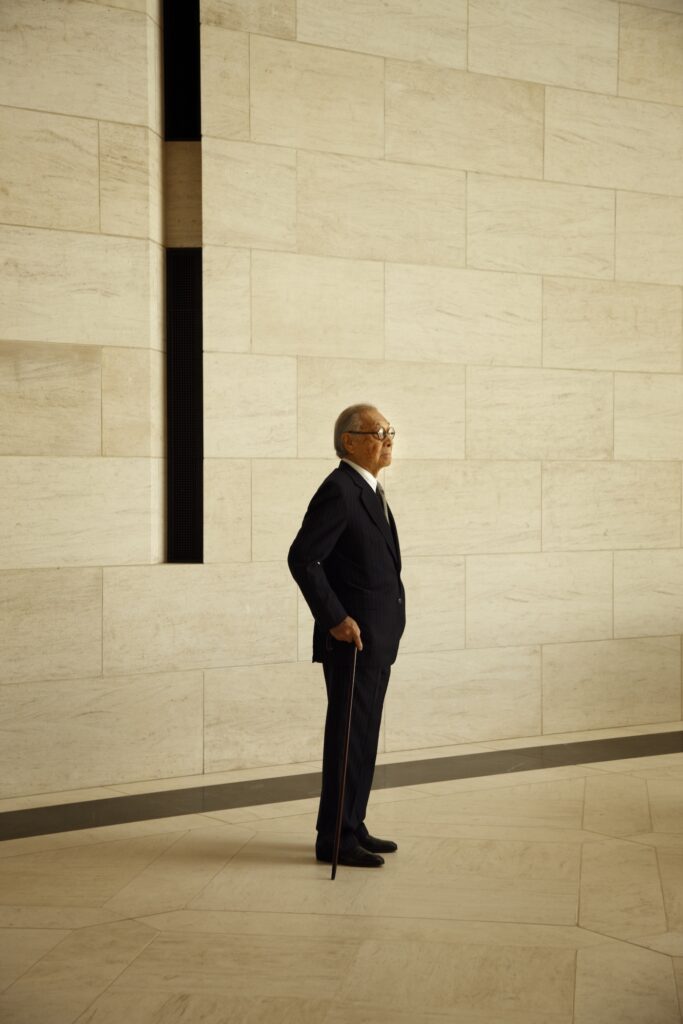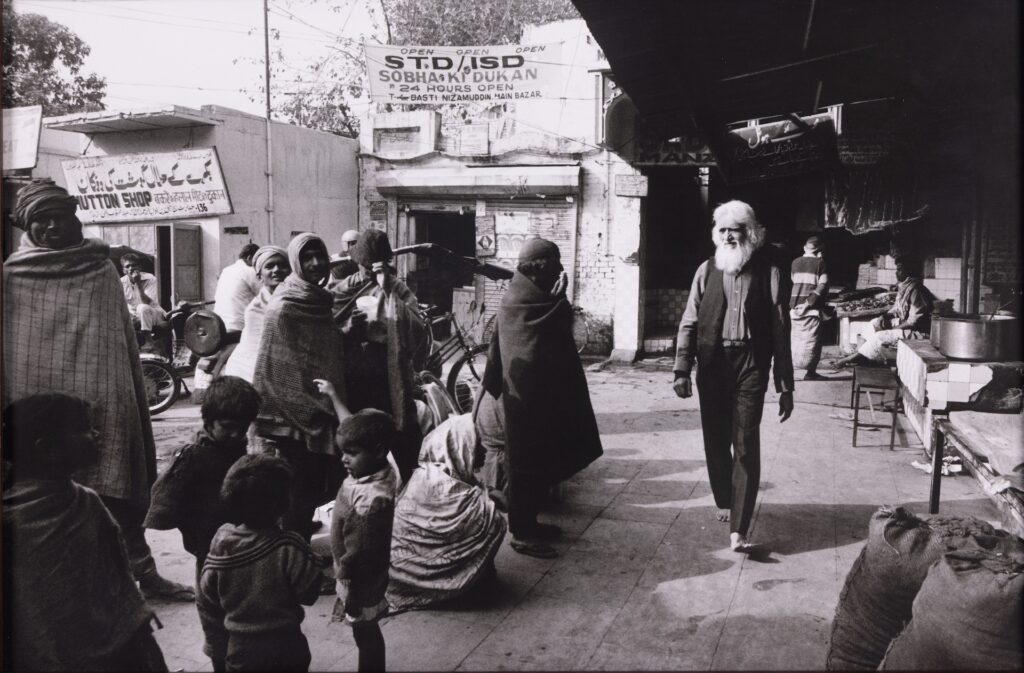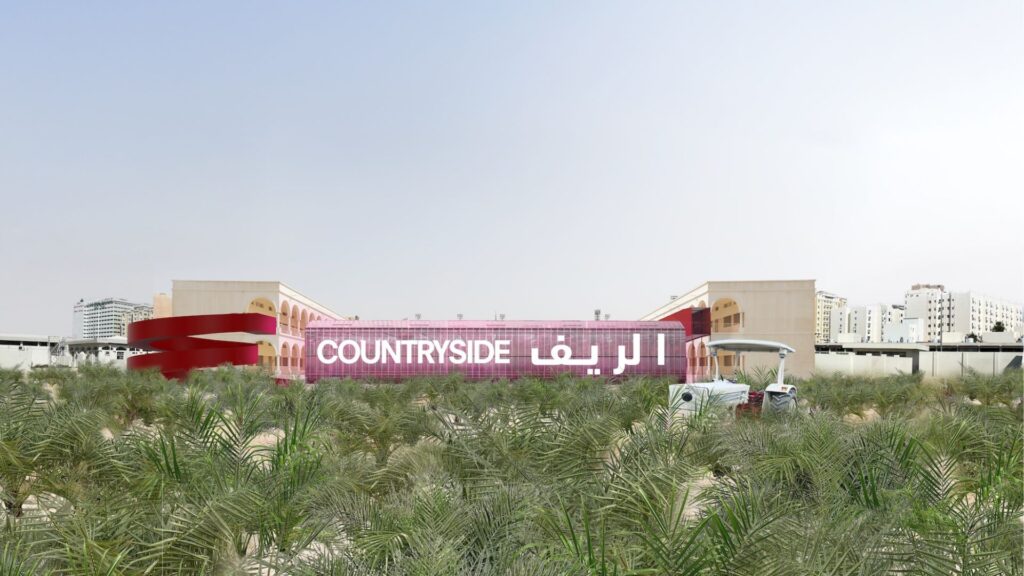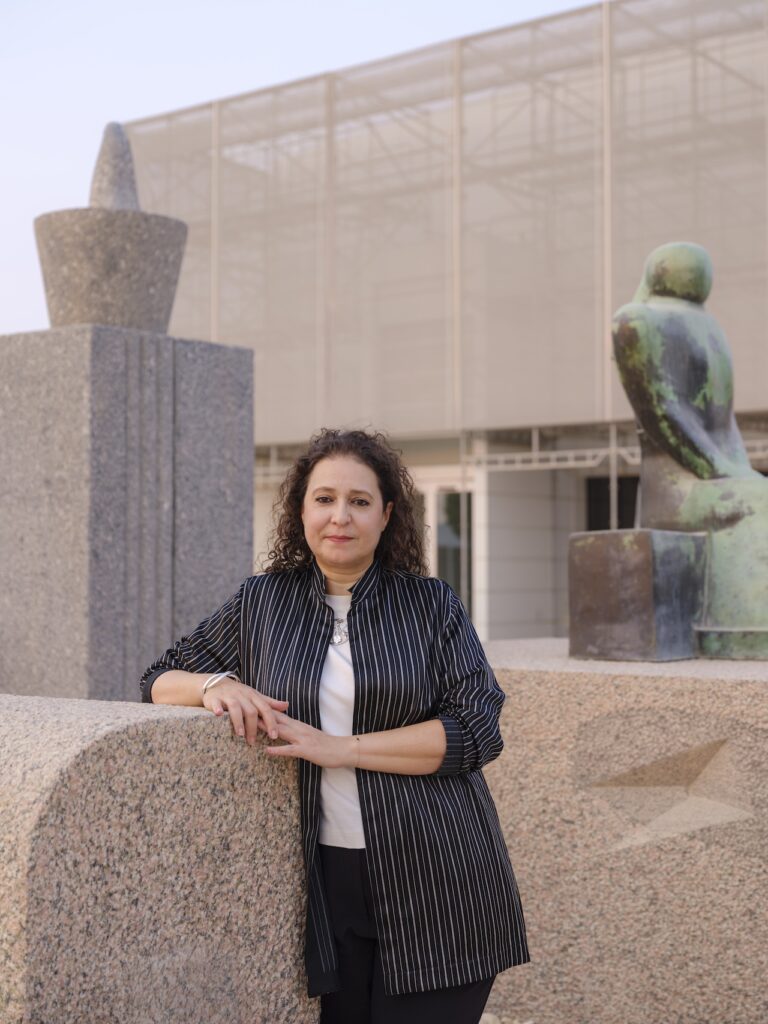A Taste of
Qatar at
Le Meurice
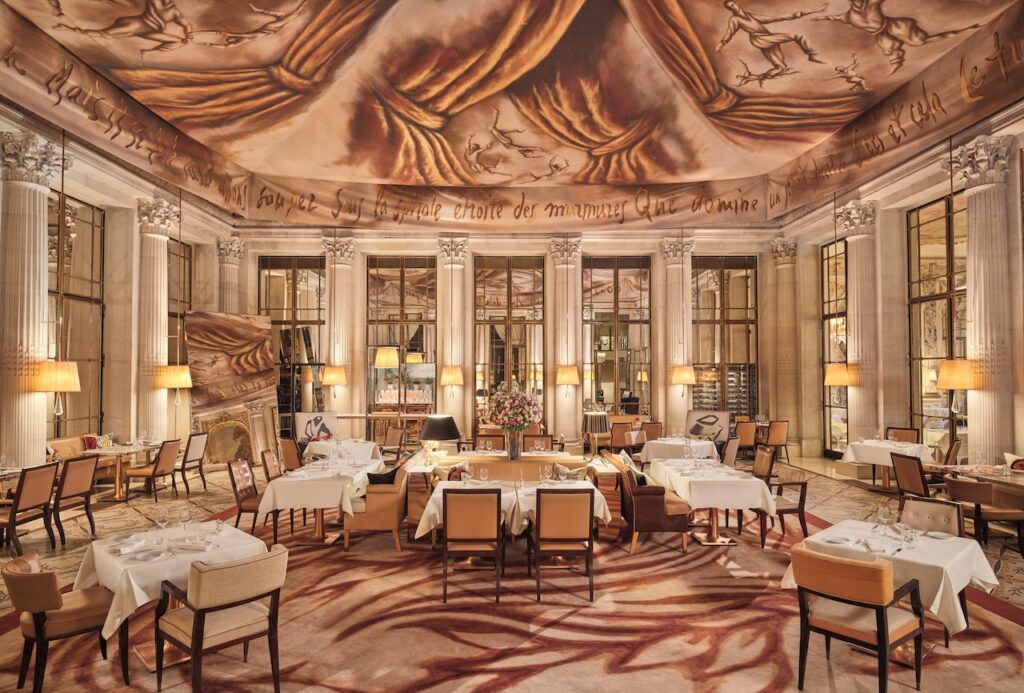
Housed within the National Museum of Qatar, Jiwan is one of Doha’s defining dining destinations. The menu by executive chef Jeremy Cheminade reimagines Qatari cuisine, giving it international flair. “Doha’s culinary scene is a true melting pot of cultures, reflecting the diversity of its people,” explains Cheminade. “You can find everything from high-end fine dining to casual street food, but what excites me the most is the growing recognition of Qatari cuisine.”
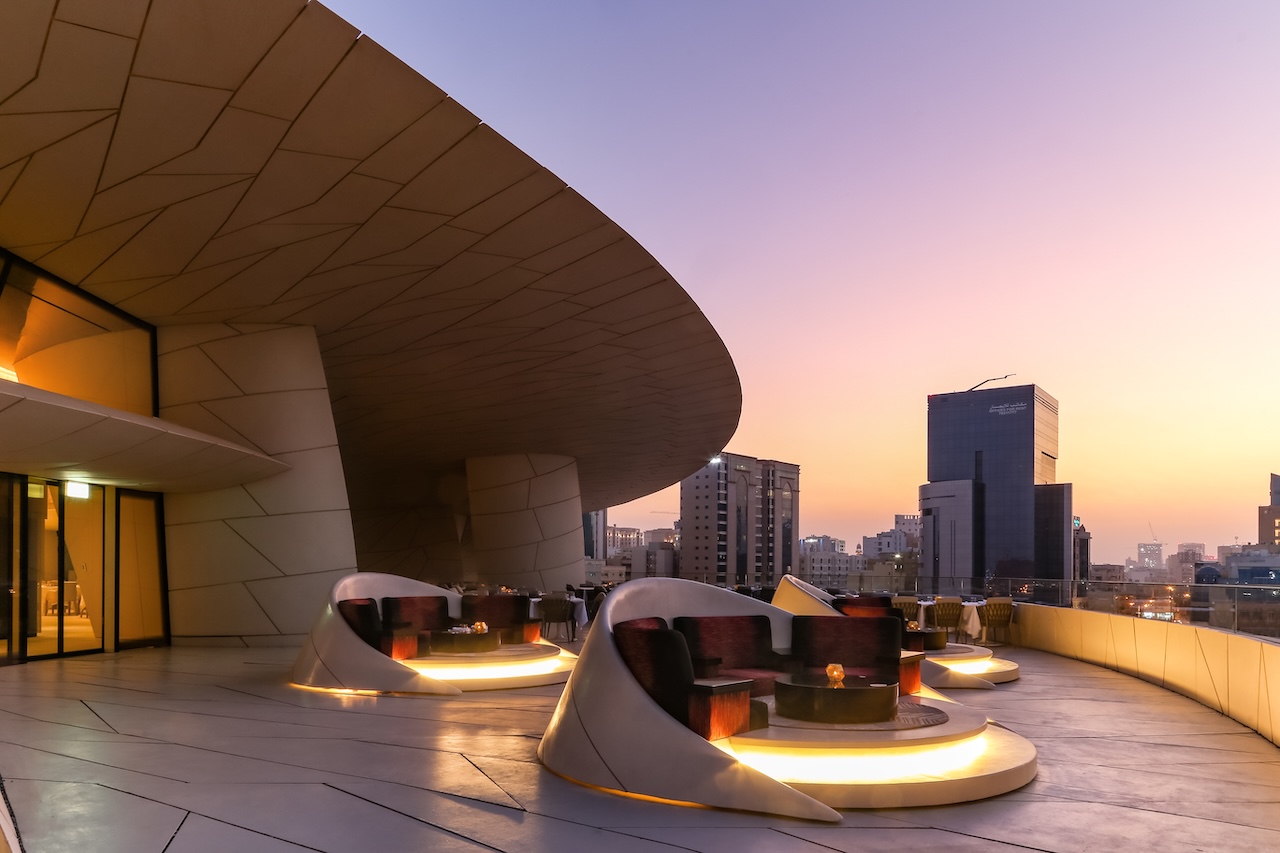
During the Paris Olympics in 2024, Jiwan brought this experience to the French capital, transforming Le Dalí at Le Meurice hotel with a pop-up. This year, Cheminade and his team return to the popular restaurant in the 1st arrondissement from 21-24 October, to coincide with Art Basel Paris.
Le Dalí’s Surrealist dining room, designed by Philippe Starck, has been reimagined with colourful Qatari tableware, setting the stage for a menu that showcases Middle Eastern flavours. “At Jiwan, our cuisine is inspired by Bedouin traditions and Middle Eastern culinary heritage, as well as the generosity and warmth of Qatari hospitality,” says Cheminade. “For Paris we have designed a menu that tells a story about Doha – its flavours and traditions, but also its contrasts between heritage and modernity.”
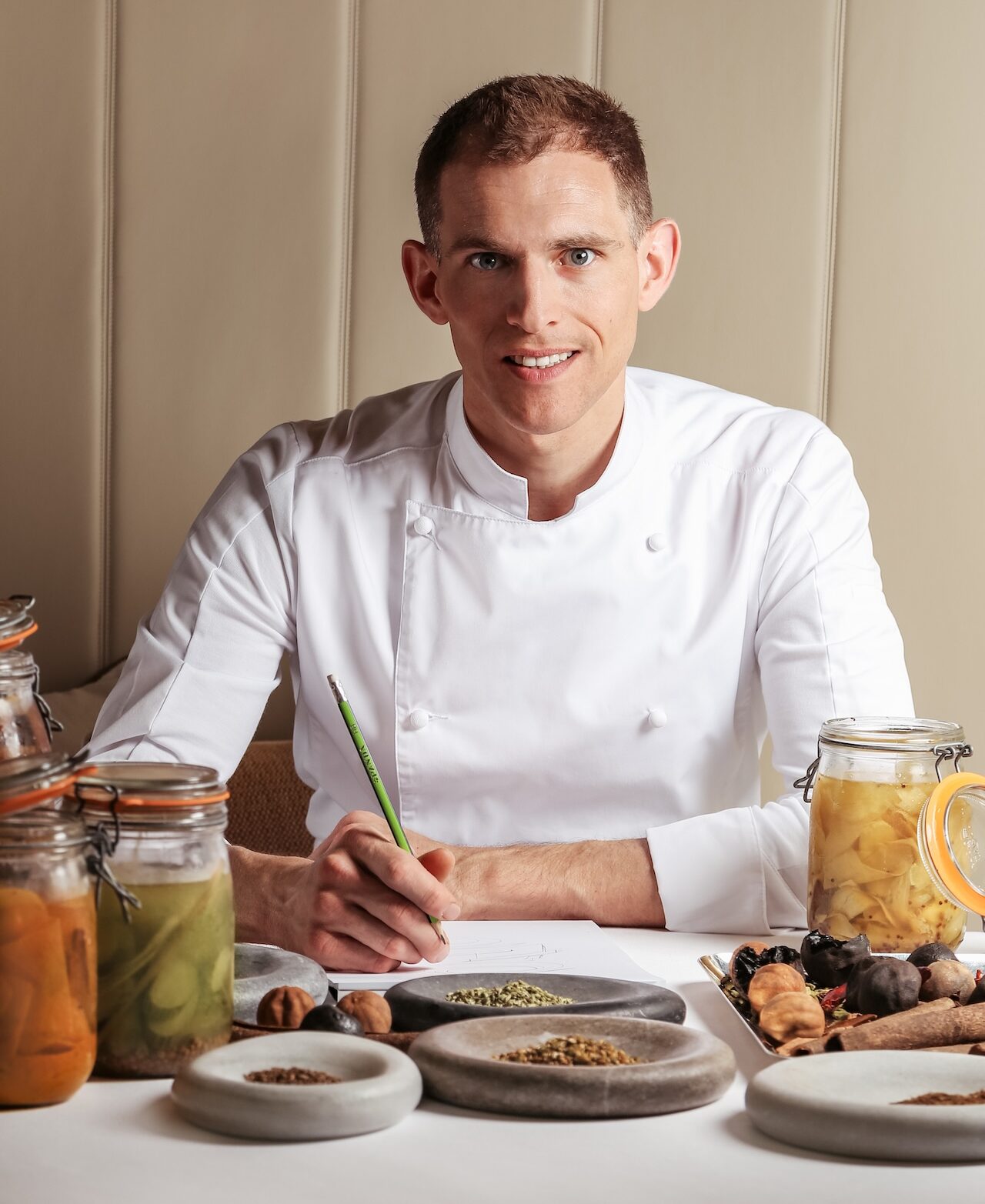
“As a French chef living and working in Qatar this pop-up is a unique moment to connect these two aspects of my journey, and an opportunity to tell the story of Qatar in one of the world's culinary capitals.”
Jeremy Cheminade – executive chef, Jiwan
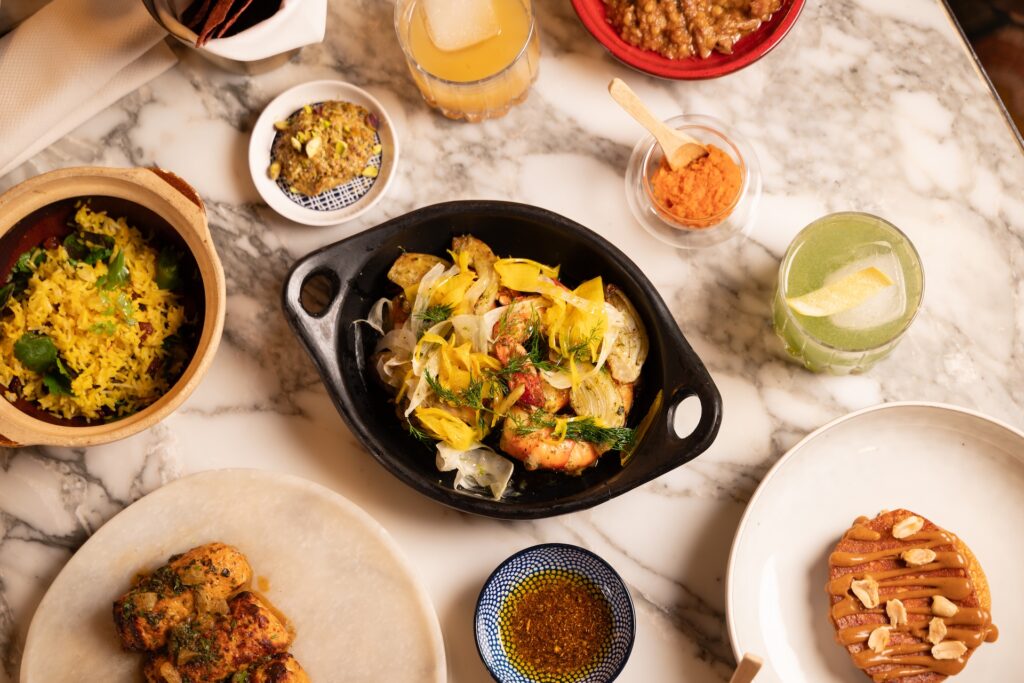
Middle Eastern Flavours in Paris
Jiwan offers a dining experience that unveils the beauty, richness and warmth of the Middle East. These are some of the signature flavours that appear on the Paris pop-up menu:
Harees
A Middle Eastern speciality made with coarsely ground wheat and meat, usually slow-cooked to achieve a porridge-like consistency. Harees is prized for its nourishing simplicity and has been a staple of Gulf cuisine for centuries. At Jiwan the chefs have created a version with chicken, rather than the more traditional lamb.
Dates
One of the most famous ingredients from the Middle East, dates are an integral part of Qatari heritage, symbolising generosity – they are often served to welcome guests. Jiwan uses dates – alongside other traditional ingredients such as rosewater and saffron – in modern compositions in both sweet and savoury dishes. Jiwan’s date soufflé is a must-try.
Sambousek
This triangle-shaped savoury pastry has its origins in ancient Persia but is common to menus across the Middle East, where it is typically filled with minced meat and crushed nuts, or tangy cheese. Reimagined for Jiwan, the delicate pastry is stuffed with spinach, preserved lemon and fragrant mixed herbs.
Loomi
Sun-dried limes – also known as black limes – originated in the Persian Gulf and are widely used whole, sliced or ground as a spice in Middle Eastern cuisine. In Doha, Jiwan serves kingfish gravlax with loomi and crunchy cucumber, while in Paris the fruit accompanies locally caught pollock.
Baklava
Made from layers of filo pastry, nuts and syrup or honey, baklava is prized for its rich sweetness and delicate texture. The dessert is one of the most popular pastries of Ottoman cuisine and is often eaten to mark the end of Ramadan. Jiwan’s take on the sweet treat features pistachios and is one of its most celebrated dishes.
Chorba
A soup made with meat and vegetable broth that originated in the Maghreb region, where it is very popular in Algeria, Morocco and Tunisia. It is enjoyed year round but is also traditionally prepared during Ramadan to break the fast. At Jiwan, fresh, locally caught fish is served in an aromatic chorba.

